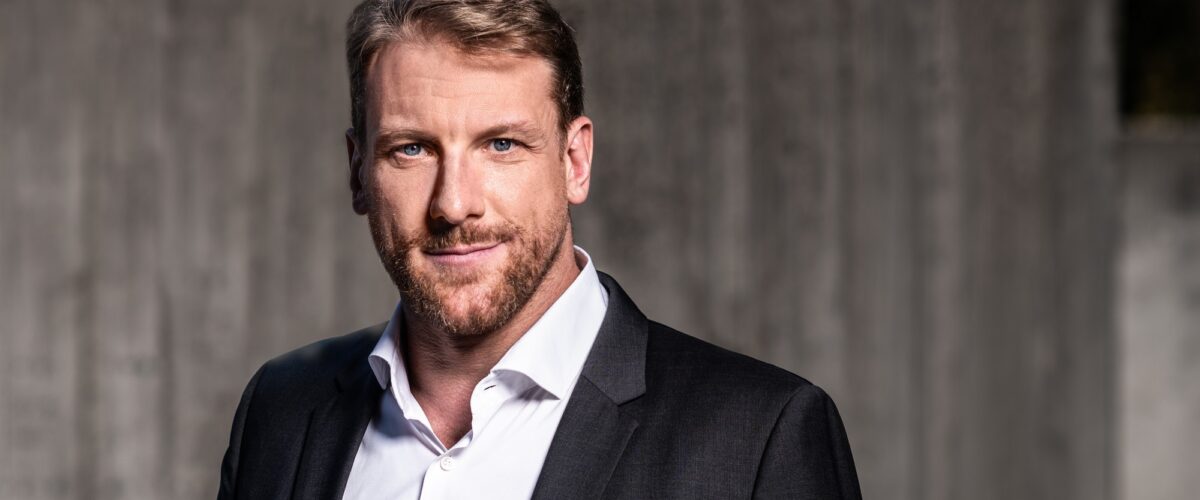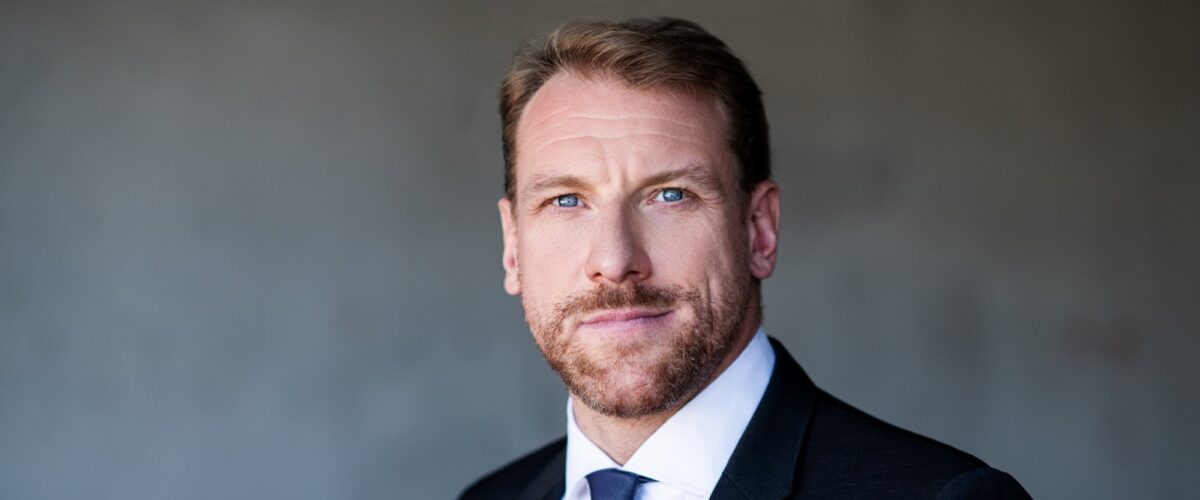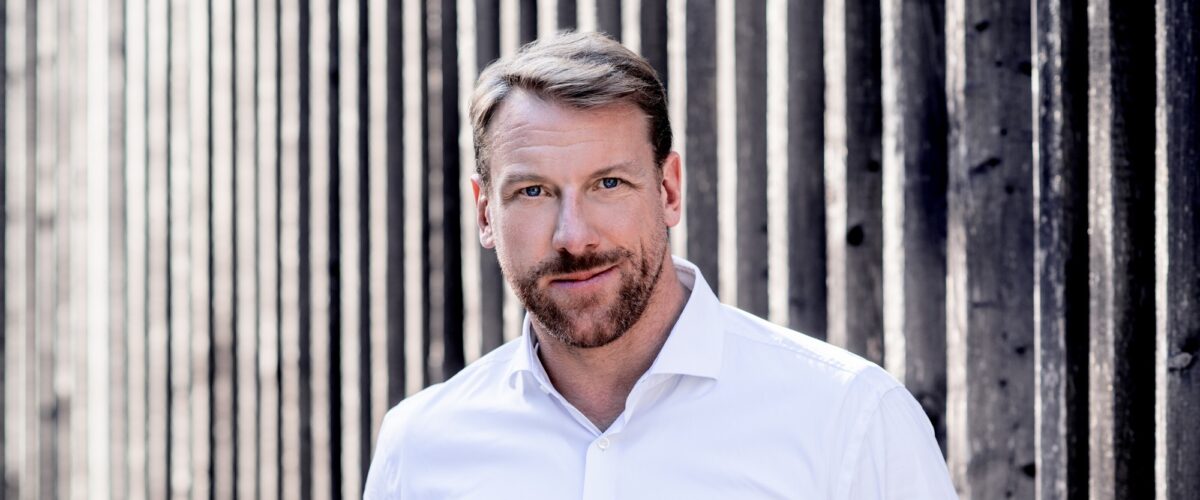TRANSCRIPT
Scofield: You are a great Wagner singer, and although you have so much wonderful experience and beautiful performances in the concert hall, I think you are primarily known as an opera singer. Is that right?
Groissböck: Yes of course. The path on my way to the level where we are now, it was mostly achieved in opera. But I have to say that I was always very close to the lied and lied singing. Although at the beginning, it was hard to get offers for recitals, because as a young singer you don’t have the name, people don’t think that you have the maturity or the depth as a person, for instance, to sing Winterreise or things like this. I had to work hard to get to this level, and that I’m able to also perform that sort of recitals.
But I would say that most of my nutrition comes from big opera, and I’m basically happy about this. The thing is, sometimes I love singing lieder because it’s very sophisticated and creative, and you can put together your own program and think about what fits together. I don’t really cook, but it’s a sort of special cooking where you can add some spices this and there, and sometimes at the end it turns out to be a very delicious meal!
Opera is already fixed. The ingredients are in a certain relation, and you just have to serve it in the right way. Especially for big operas like Wagner and Strauss, which is of course the main thing in my calendar, it’s very effective in this way. You have very strong tastes, let’s stay with this picture of cooking, and people of course are looking for this, so there is little flexibility. But still you can add some new things to the characters, and you can emphasize this and that so it never becomes boring. Even a role like, let’s say King Henry in Lohengrin, which is of course not a person who makes a big development, but still there are some moments where they can show some intimacy, and you can show some inner conflict and something like this, and this is the important thing emotionally and artistically which I’m interested in.
Scofield: That’s incredible. I want to ask you: we recently had a very fine German lieder singer Christian Gerhaher on the program, and he also works a lot with your pianist Gerold Huber. He said that he thinks it is very difficult to be a performer of both opera and lieder. Do you agree with that?
Groissböck: No! I know Christian very well and he’s a very intelligent guy, and very controversial in his opinion sometimes. He’s a very deep-thinking person and we had some funny conversations all over the years. But no, I think it fits very well together, and it’s kind of a very fertile situation because opera singing is enriched by lied singing, and the other way round.
Also talking about the hygienic aspect for the voice, lied singing is important for the opera singing, and on the other hand, opera singing is also sometimes good for lied singing, because it opens up the voice again. So I would say it’s a sort of a ping pong game where you play both sides, and I wouldn’t put it in boxes. It’s good singing and deep singing, it’s just the honesty, the artistry, and the purity that your approach shows, it shouldn’t be a contradiction. I think it fits very well together.
It’s a bit like, coming back to cooking, a question of balance and you have to have carbohydrates, some fat, some proteins, and everybody has his own mixture. It depends on how your metabolism and your body reacts. Some need more protein, some need more carbohydrates. So this is a personal decision, but I wouldn’t say if you eat carbohydrates, you cannot eat proteins or something like this together. I think it has to be put together, and for me it works this way.
Read more about Günther Groissböck on their OFFICIAL WEBSITE.




